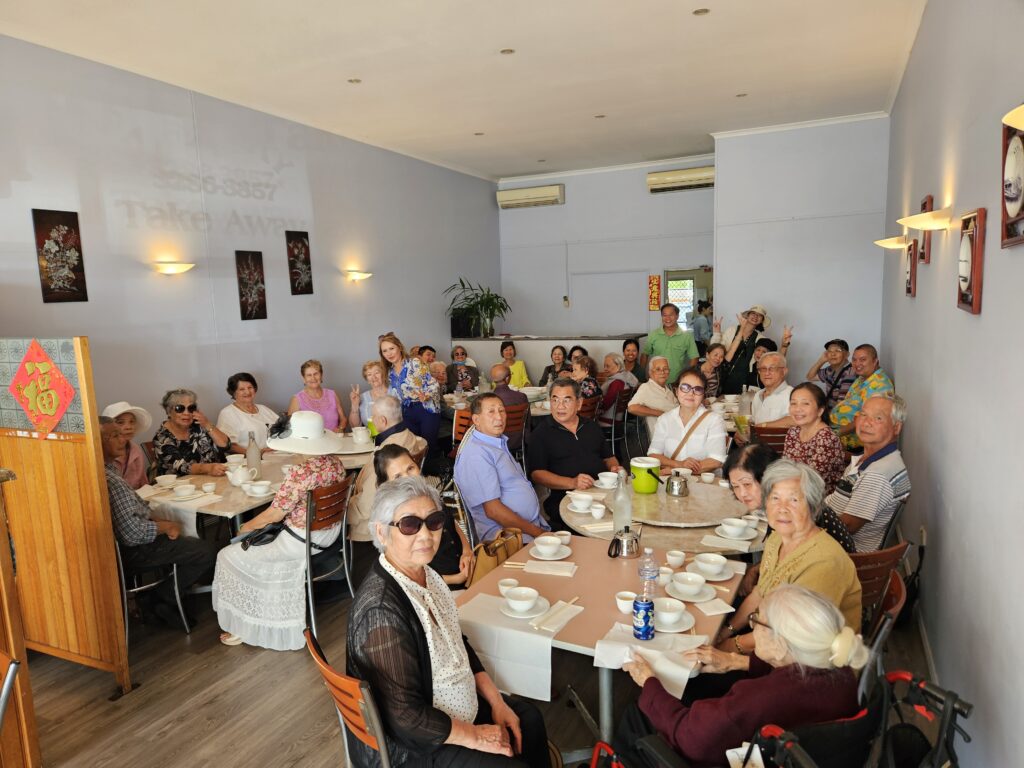Staying in touch with other people can become more difficult as we age. Isolation can sneak up on seniors slowly and quietly, without it being realized by loved ones. Social isolation isn’t just bad for mental health; it does a number on your physical health as well. It’s important to identify its signs early, as well as to make efforts to encourage seniors to engage socially and be more connected. Let’s talk about how to watch out for the symptoms of isolation in seniors, and how home care may be able to help.
Common Signs of Isolation in Seniors
- Withdrawal from Social Activities
Pulling away from activities they once enjoyed is one of the most telling signs of isolation. Avoiding things like family gatherings, meeting friends, or even hobbies may be a way of telling you they are lonely or disconnected.
- Changes in Mood
Are they more irritable, anxious or really unusually quiet? These emotional changes can be very subtle indicators of loneliness. Lack of social interaction might have an effect on seniors to make them more negative or cause them to show signs of depression.
- Neglecting Personal Care
One of the red flags can be when seniors begin to neglect their grooming, hygiene, or cleanliness of the home. This can be linked with feelings of hopelessness, or lack of interest, often due to prolonged isolation.
- Cognitive Decline
Seniors who are more lonely are more susceptible to cognitive issues as it can sometimes accelerate memory loss. Studies have found that being socially connected is good for brain health, so noticing a decline in your ability to be sharp mentally is something that is caused by lack of social interaction.
- Physical Symptoms
It can even impact a senior’s physical health. You might see unexplained weight loss, or changes in appetite, or increased grumbling about being tired or unwell. These symptoms may manifest because of isolation, and the stress and lack of motivation that go along with it.
How Home Care Can Help Seniors Stay Connected
- Companionship
Companionship is just one of the biggest benefits of home care. Professional caregivers can be more than just practical helpers — they can provide meaningful human interaction as well. A senior who’s feeling isolated might get through the day in a much better way if they have someone to talk to.
- Encouraging Social Engagement
Seniors in home care are well served by keeping them in touch with the outside world. Caregivers can fill the hole between seniors and their social networks, whether that means helping them organize visits with friends and family, arrange virtual calls, or help them go out on trips to social events.

- Support with Technology
Technology can help keep seniors connected. Home care providers can set up devices, such as tablets, smartphones, or computers to teach seniors how to use social media, video calls and messaging apps. This helps to keep them in contact with loved ones far away.
- Assisting with Hobbies and Activities
Hobbies are a great way to keep your mind and emotions engaged, gardening, knitting, or playing a board game can just do it for you. Home care professionals can provide help to seniors to continue doing what they like, to keep their minds sharp and active.
- Facilitating Safe Social Outings
Many seniors are not able to leave or socialize, due to mobility issues or transportation problems. Home care services can help with transportation which can enable seniors to attend community events, go to church, and visit friends or family, helping them maintain important social connections and relationships.
Involve Family and Friends
- Regular Visits
Regular visits by family and friends are as important for social interaction as professional home care. Even if it’s just for a quick cup of tea, encourage your family to visit often. These small moments of connection can really help a senior to feel more connected and better.
- Call and Check-In Often
Phone calls or video chats can be a great way to mitigate loneliness. Make it a habit to check in on them regularly, but instead of doing it just to see how they are you should try to have real conversations with them. It could be about daily activites, something important, favorite memories, or exchanging some laughs.
- Involve Them in Family Events
Don’t forget to include seniors in family events. If they can’t come anyway, try making video chats a possibility during family dinners, birthdays and other occasions so that they can feel closer to the family.
1st Care Community is here to help with both socialization aspects of a loved one’s well being and providing the care they need. Our home care services are designed to help them stay connected, and engaged in life. For more information on how we can help you and your family visit our website.


